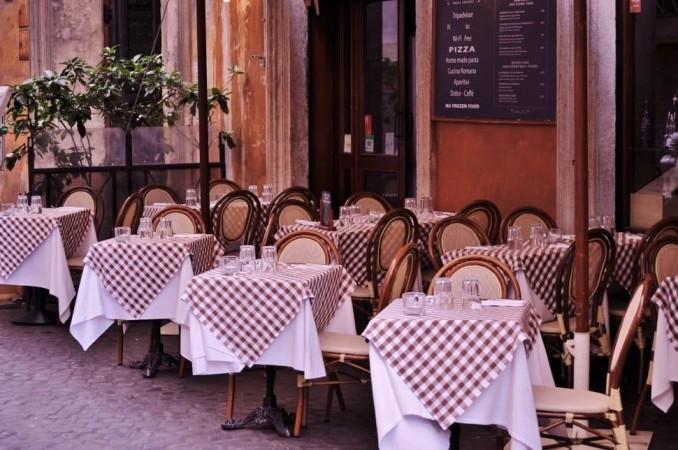A lot of health experts have been saying that people should learn to live with coronavirus. Wearing face masks, maintaining social distancing, carrying a hand sanitiser will remain a norm. But as India is entering into the fourth phase of lockdown, which first started in late-March, there are still some rules to abide by. The Karnataka government, taking cognisance of the matter, decided to allow some services and keep some shut as COVID-19 cases continue to rise.
While allowing salons and opening public transport, there might be some normalcy around, but the need of the hour remains maintaining caution every step of the way. The Karnataka government also decided that hotels and restaurants be shut for in-dine experience and only offer takeaway service.
No dine-in, no takeaway

The Karnataka government has placed restrictions on opening hotels and restaurants in Bengaluru and other parts of the state for dine-in service. But the takeaway service can continue as hotels have been currently supplying cooked food using online services like Swiggy and Zomato. But that could change now as the Karnataka Hotels Association has decided to protest the state government's decision.
Since multiple requests by the hotels association haven't yielded any positive response, the protest is a way to get the government to change its stand.

"There was lockdown 1, then 2 and then 3. We thought at least by lockdown 4, the government would allow us to operate. We are in a situation when even jewellery shops (as luxury purchases) can function. If public transport can operate and buses with 30 passengers can ply for 10 to 12 hours, why can't our hotels which are as big as 2,000 to 4,000 sq feet not function?" Madhukar Shetty, Secretary of the Karnataka Hotels Association, said.
Shetty also plans to meet CM BS Yediyurappa on Tuesday and explain the plight of hoteliers. There are over 85,000 hoteliers in the state ready to reopen businesses. The takeaway orders only make 5 to 10 percent of their revenue and their businesses have taken a major hit during the COVID-19 pandemic.
"We have nothing against opening of jewellery shops. But the ones who cater to the hungry are not being allowed to operate. We all have workers who we feed and whose shelter we provide," Shetty added, according to a News 18 report.





!['Lip lock, pressure, pyaar': Vidya Balan- Pratik Gandhi shine in non-judgmental infidelity romcom Do Aur Do Pyaar [ Review]](https://data1.ibtimes.co.in/en/full/797104/lip-lock-pressure-pyaar-vidya-balan-pratik-gandhi-shine-non-judgmental-infidelity-romcom.jpg?w=220&h=138)







